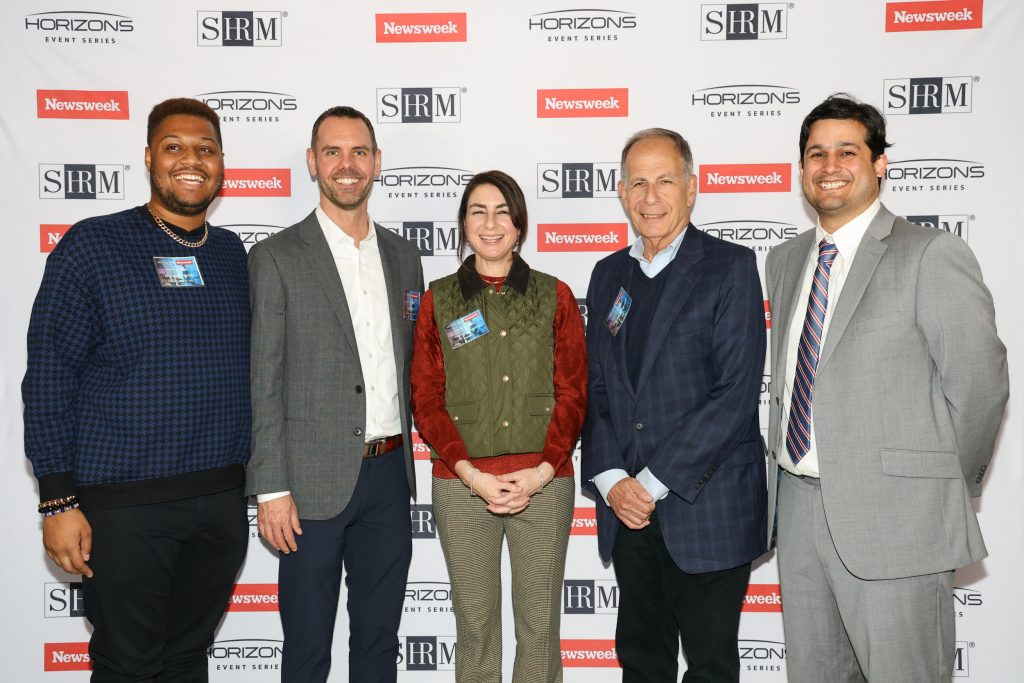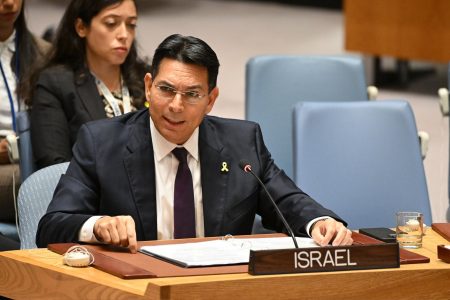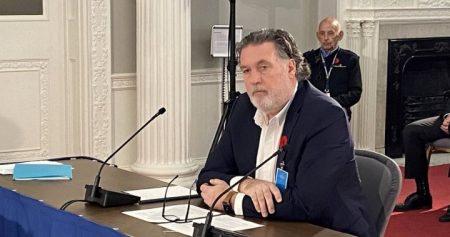The intersection of politics and the workplace presents a complex challenge for organizations navigating an increasingly polarized society. A recent Newsweek Horizons event, sponsored by the Society for Human Resource Management (SHRM), brought together experts to discuss fostering inclusion and civility in the workplace, particularly in the aftermath of a contentious election. The panel emphasized the significant costs of workplace incivility, both in financial terms and in its impact on employee well-being, productivity, and retention. Research presented indicated a dramatic rise in workplace incivility, fueled by political divisions, resulting in billions of dollars lost annually due to decreased productivity and absenteeism. The discussion highlighted the need for businesses to prioritize civility and create a safe and inclusive environment for all employees, regardless of their political views.
The experts underscored the detrimental effects of political tensions on various aspects of the workplace. These include reduced employee well-being, decreased productivity, hampered team collaboration, negative impacts on mental health, and a diminished sense of belonging. This latter point is particularly crucial, as political polarization can severely threaten an individual’s feeling of connection and acceptance within their workplace, especially when differences arise with leadership or those in positions of authority. The panelists also addressed the increasing number of avenues through which individuals can express political views and potentially antagonize others, including email, social media, and various messaging platforms. This highlights the need for comprehensive strategies to address incivility across multiple communication channels.
The panel emphasized the importance of establishing a shared organizational culture grounded in common values. Given that many individuals spend more time at work than at home, creating a workplace environment characterized by a shared mission, vision, and values is paramount. The panel urged organizations to actively promote and reinforce these values, similar to the emphasis placed on safety protocols. This proactive approach to fostering a respectful and inclusive culture can mitigate the negative impacts of political discussions and ensure that all employees feel safe and valued. The experts stressed that organizational leaders often feel confused and uncertain about how to navigate these complex issues, highlighting the need for clear guidance and resources to support them in fostering civility.
A key aspect of the discussion revolved around the concept of perceived harm and how differing political viewpoints influence perceptions of vulnerability. The panel acknowledged that individuals from different political backgrounds may hold contrasting views on who is most susceptible to harm, often influenced by media narratives and social media bubbles. This divergence in perspectives complicates efforts to create a shared understanding of safety and inclusion within the workplace. It underscores the need for open communication and respectful dialogue to bridge these gaps in understanding and create a more inclusive environment for all.
The panelists used real-world examples, including the tragic murder of a CEO and the election of the first transgender person to Congress, to illustrate the far-reaching consequences of political polarization and the importance of workplace policies that protect vulnerable employees. These examples highlighted the need for organizations to anticipate and address the potential impact of contemporary political issues on their employees, particularly those from marginalized groups. By acknowledging and addressing these concerns, businesses can create a more supportive and inclusive environment where all employees feel safe and respected.
The event concluded with the presentation of the 2024 Civility Awards, recognizing individuals and organizations that have demonstrated a commitment to respectful discourse. This emphasis on civility reinforces the message that constructive dialogue and respectful engagement are essential for fostering a healthy and productive workplace. The awards highlighted the importance of disagreeing without disrespect and finding common ground, even amidst differing political viewpoints. The overall sentiment from the event emphasized the significant impact of workplace culture on individual well-being and the broader social landscape. By prioritizing civility and inclusion, organizations can create a positive ripple effect that extends beyond the workplace and contributes to a more harmonious society.










